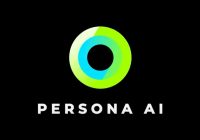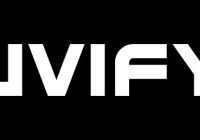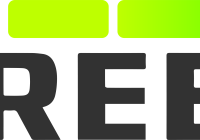Three international startups offered candid insights into the realities of breaking into South Korea’s competitive market during the Global Startup Playground event held on October 24th by the Seoul Metropolitan Government and Seoul Center for Creative Economy & Innovation.
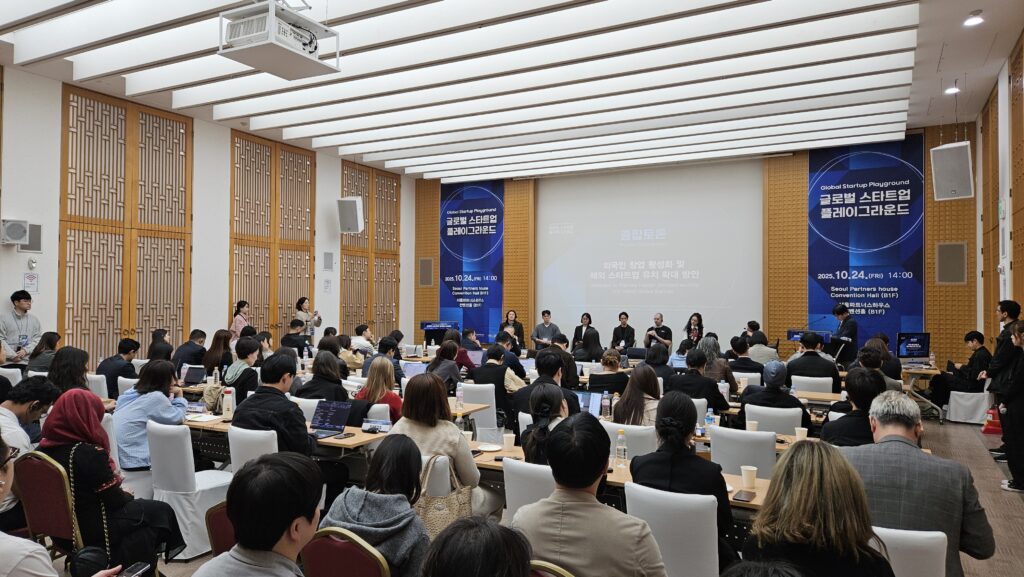
The forum brought together foreign founders, international students, and business representatives to discuss strategies for improving the entrepreneurship environment for overseas companies in Korea.
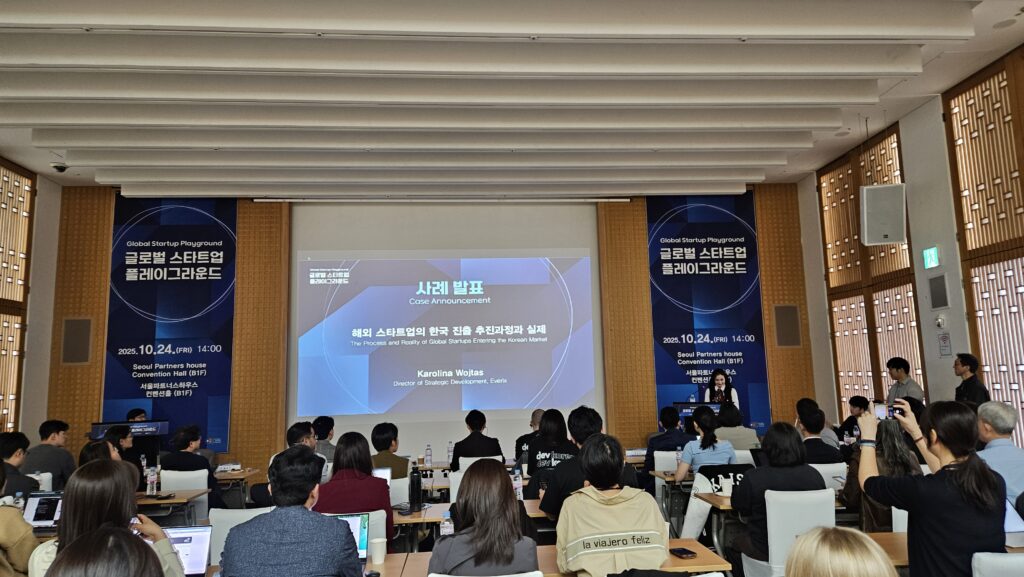
Karolina Wojtas, Director at Florida-based optical filter manufacturer Everix, described Korea as an attractive expansion market, citing its $76.7 billion consumer electronics industry, global corporate giants like Samsung and LG, and advanced digital infrastructure.
However, Wojtas said cultural differences presented unexpected challenges. She recounted misunderstanding nodding during online meetings as agreement rather than simple acknowledgment, and being caught off-guard by personal questions about age and marital status at initial business meetings.
“Korea’s strong hierarchical structure contrasts sharply with America’s horizontal culture,” Wojtas noted, adding that she found similarities between Korean and Eastern European business practices. Language barriers complicated market research, with most information available only in Korean.
Wojtas emphasized that networking proved particularly challenging, observing that “in Korea, it’s important to know someone who can introduce you.”
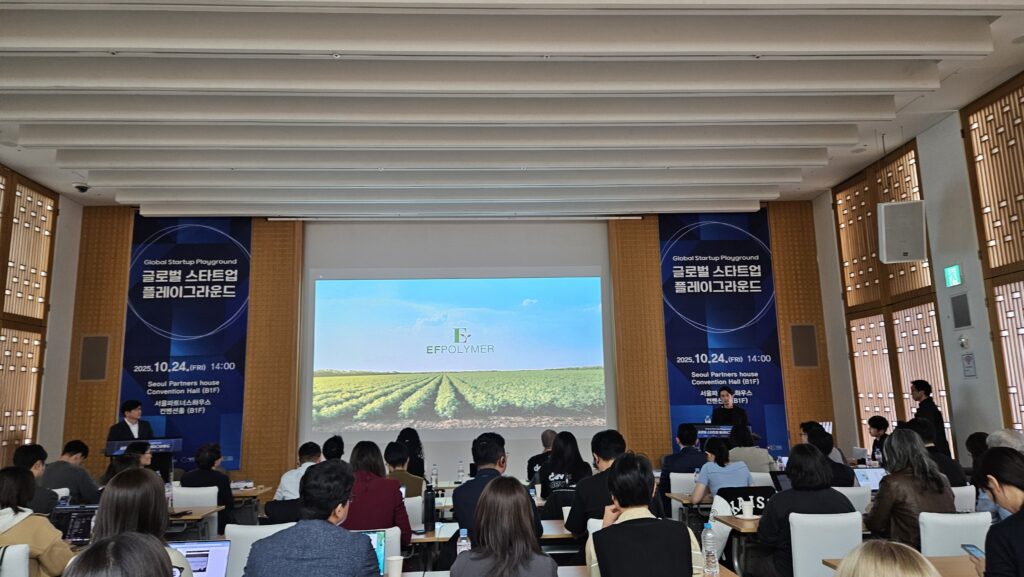
Mixed Reviews on Business Environment Kyoji Nakao, CMO of Japanese startup EF Polymer, which produces biodegradable superabsorbent polymers, offered a more positive assessment. He praised Korean conglomerates for their openness to new technologies and willingness to collaborate with startups—a contrast to the more cautious approach common in Japan.
“Korean companies listen with an open mind and are willing to apply new technologies from early stages,” Nakao said, crediting startup accelerators for substantial support. The company is currently preparing hygiene product projects with Korean partners.
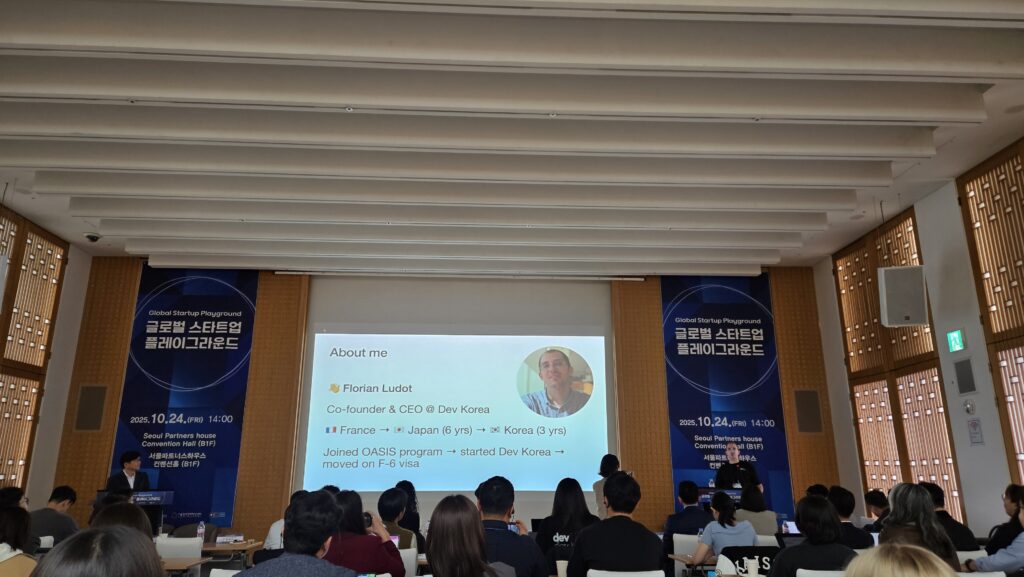
Florian Ludot, CEO of French recruitment platform Dev Korea, highlighted a paradox: Korea’s sophisticated digital infrastructure can actually hinder foreign entrepreneurs.
“Everything is well-established online, but foreigners face daily paperwork challenges,” Ludot explained, citing issues like name-length restrictions in registration forms. While praising Korea’s ability to attract global talent through programs like OASIS, Ludot warned that visa and tax complications make retention difficult. “Support needs to extend beyond entry to settlement,” he urged.
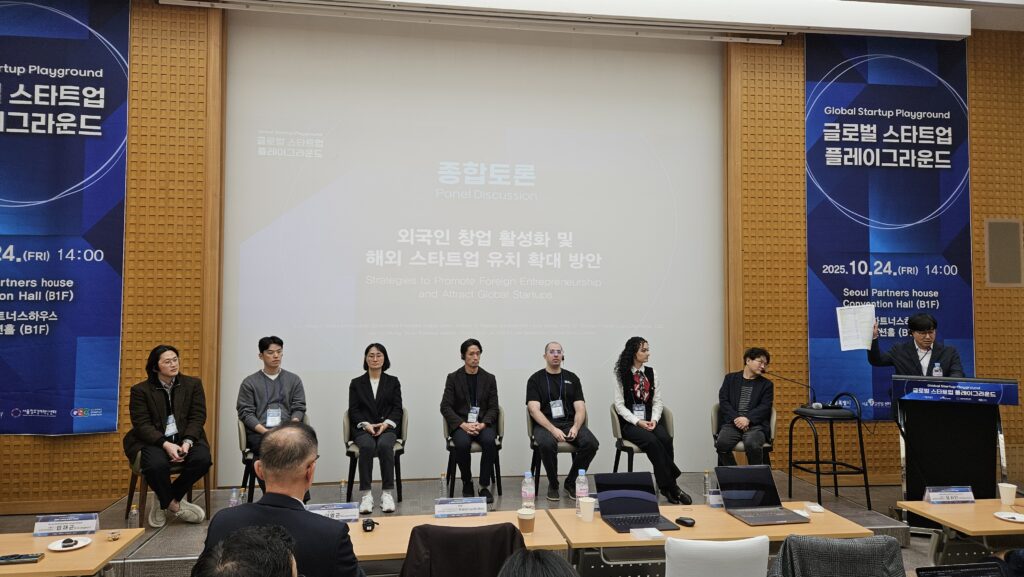
Seoul officials outlined current initiatives and future plans during the policy session. Nam Gung-seon of Seoul Business Agency detailed five priority areas: incubation, overseas expansion support, corporate collaboration, investment in promising companies, and ecosystem development.
“While current focus is on helping Korean startups go global, opportunities will expand for overseas companies,” Nam said. Kwon Bo-geun, Director of Seoul Global Center, highlighted the success of the OASIS program and the inaugural Foreign Sartup Competition launched this year.
Kim Young-joon of Seoul Center for Creative Economy & Innovation announced plans to expand the Global Alliance program, launched in September, which connects Korean and international corporations with startups across borders.
Kwon Hyuk-jo of Korea Institute of Startup & Entrepreneurship Development outlined inbound startup policies, including visa reforms, settlement assistance, and commercialization grants, noting the recent launch of an online community for global startups.


